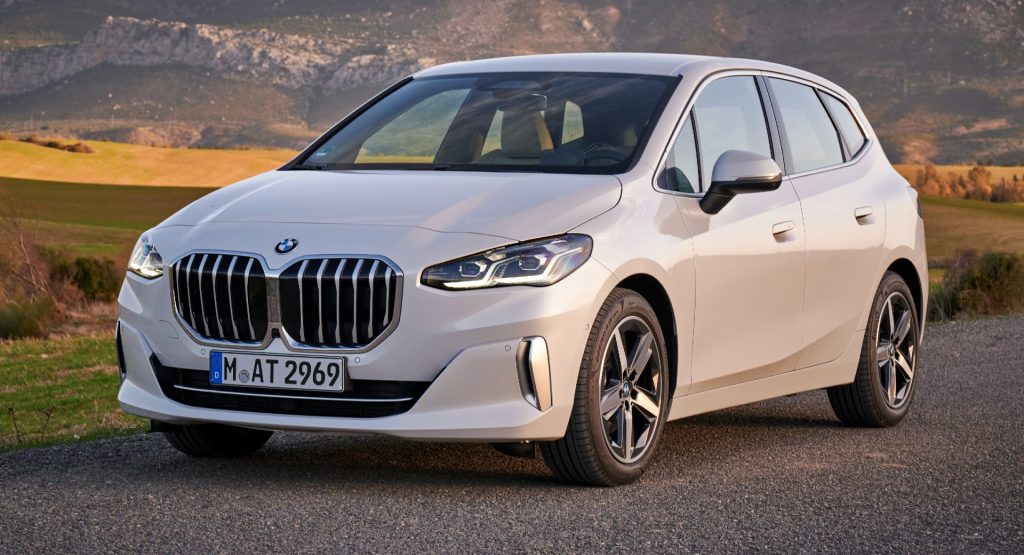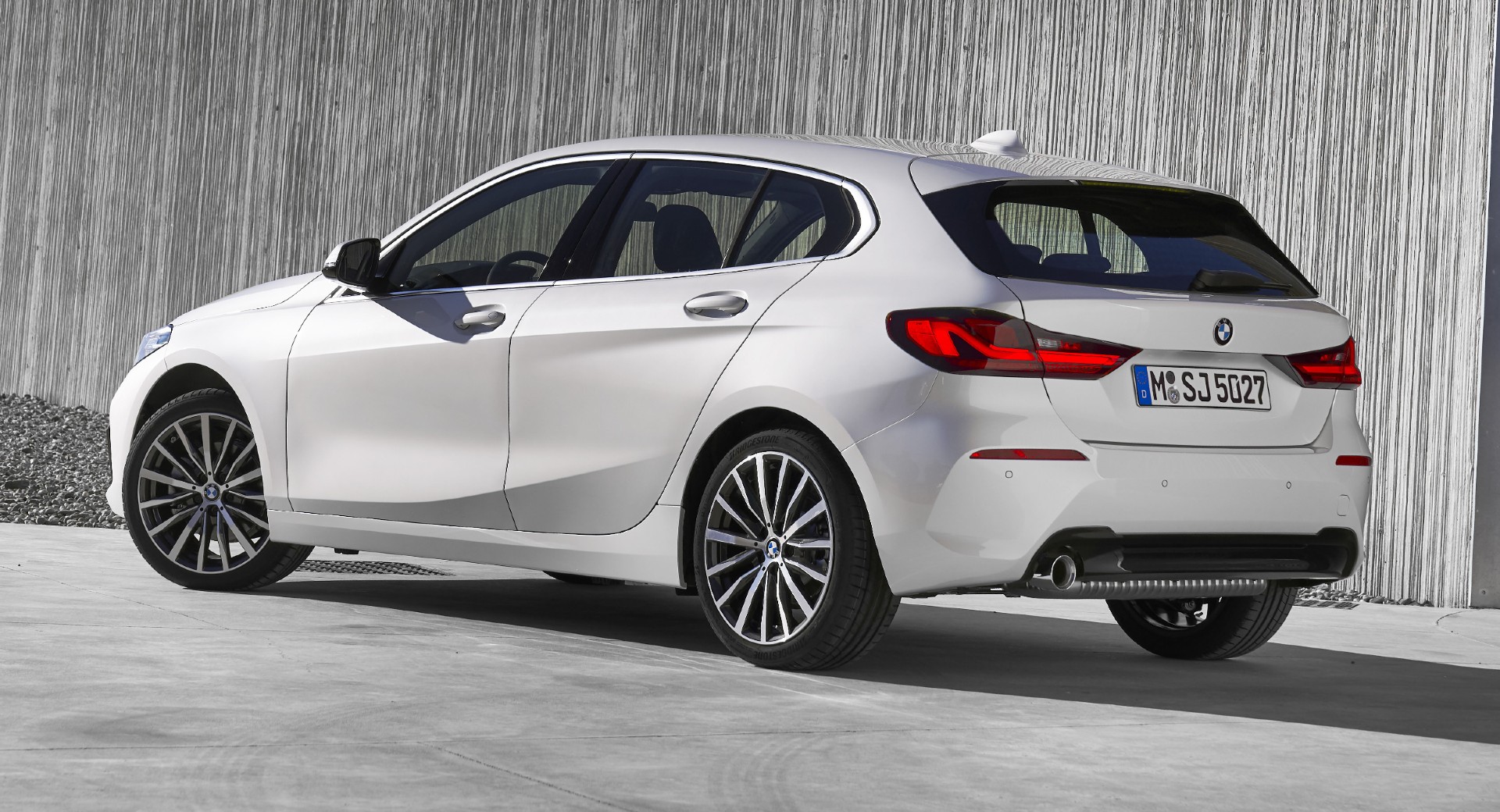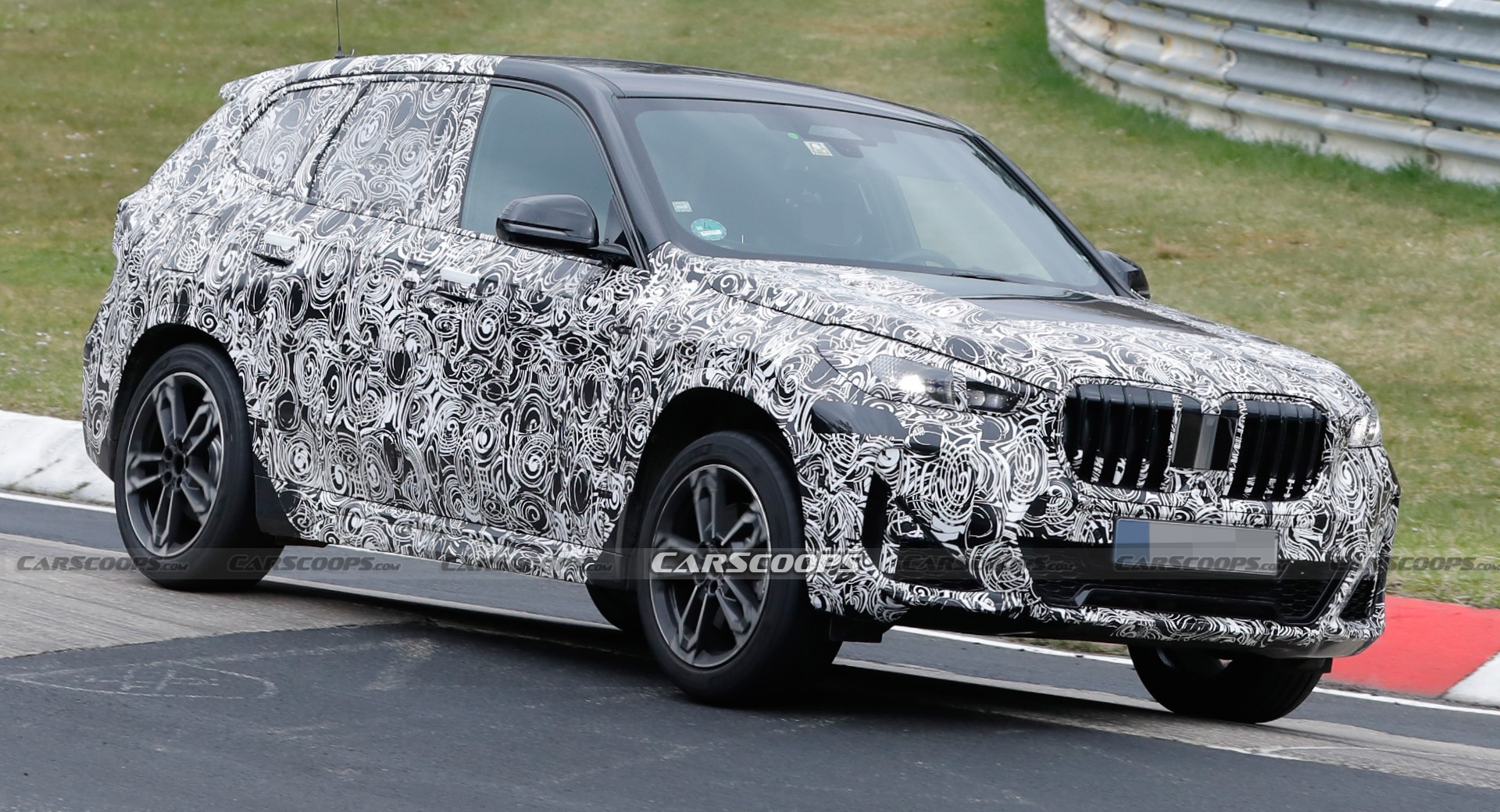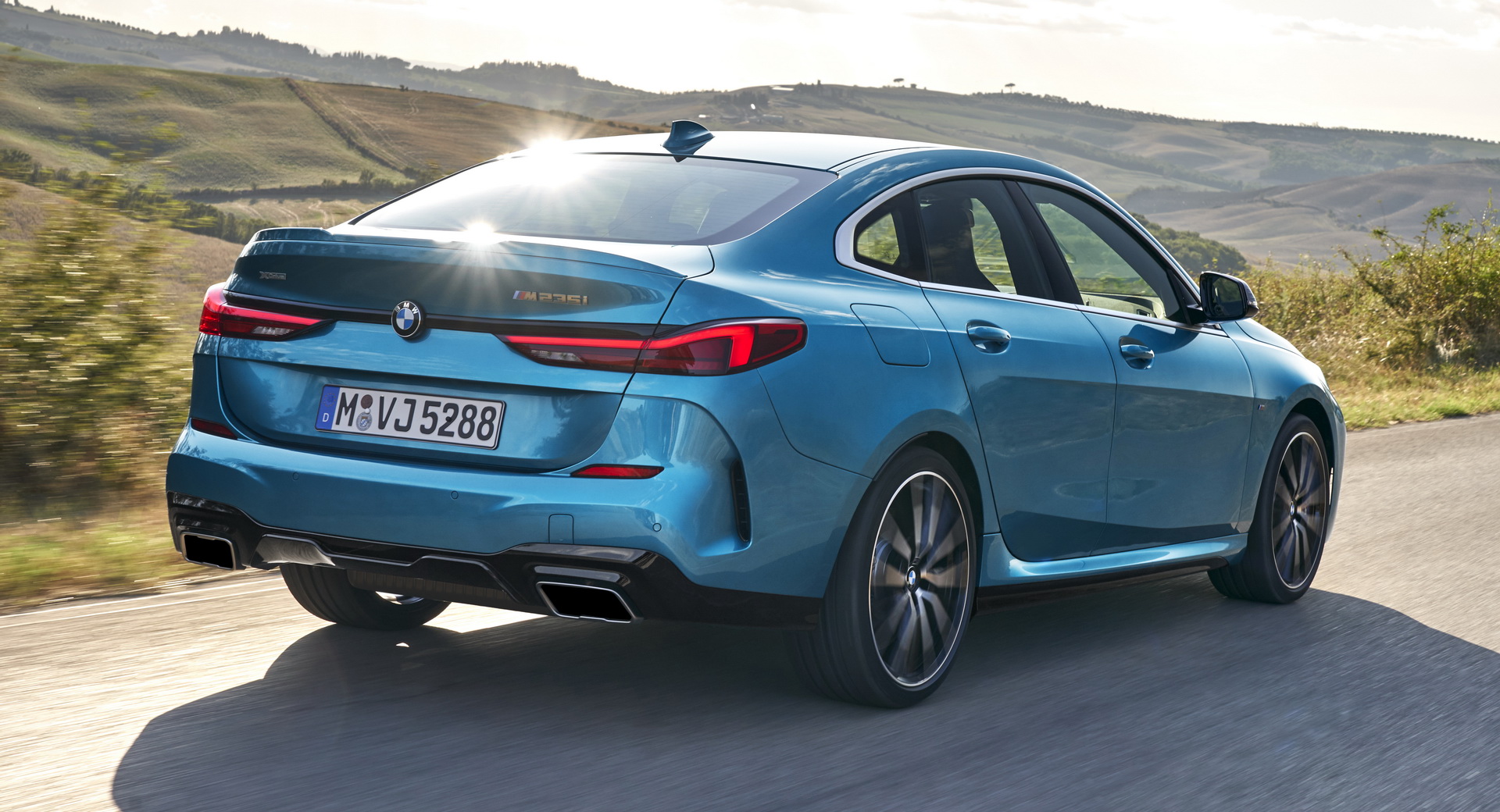BMW has yet to decide about the long-term future of its compact model range in the electric era. The reason for this uncertainty is that EVs in smaller segments come with comparably low sale volumes and very tight profit margins, making it hard to justify development costs.
Compact models like the BMW 1-Series have been crucial for the Bavarian automaker to achieve low emission targets, and continue to make sense with electrified powertrains. However, the equation changes when we add the R&D costs for a new EV-dedicated platform suitable for smaller vehicles. This would be inevitable at some point because even though conventional platforms can be converted to support fully electric powertrains – as confirmed by the upcoming BMW iX1 – they don’t have the same room for large batteries nor come with the clever packaging of dedicated EV architectures.
See Also: BMW To Introduce Neue Klasse Platform In 2025 With A Fully Electric Sedan
The UKL/FAAR platform which underpins a handful of BMW and MINI products was introduced back in 2015 and despite the recent updates, it will be due for a replacement in 2027. By then, most cars will be plug-in hybrids, as the world will be moving towards the fully electric era of the 2030s following the ICE sales ban in major markets.
A source from BMW told Autocar there is an ongoing review for the future of UKL-based models. The source claims “there are a number of issues to consider”. First of all, the size of the platform makes electrification harder due to the limited space for batteries. Secondly, compact car sales are low in the US and while demand in China is still strong, Chinese buyers prefer sedans over hatchbacks. However, not all of it is bad since compact models are a great entry point to BMW’s range, accessible from a wider target group.
See Also: 2023 BMW X1 Spied From A Close Distance Showing An iX-Inspired Interior
Another important factor for a potential BMW exit from the compact segment is the strategy of rival brands including Mercedes-Benz and Audi. Interestingly, Mercedes admitted it has gone too far with its wide compact model range, while Audi confirmed it will discontinue the A1 and the Q2, leaving the A3 as its smallest offering. This shows that premium automakers are troubled about the viability of electric vehicles with smaller footprints, giving way to larger and more profitable segments.
While the long-term fate of BMW’s compact models has yet to be determined, all of them are getting facelifts or new generations in the coming months. More specifically, the third-generation BMW X1 and its electric equivalent, the iX1, are set for a 2022 debut, the BMW 1-Series is due for a facelift, and the new 2-Series Active Tourer was unveiled last year. This means there is still time left for those interested in new and affordable BMWs.











